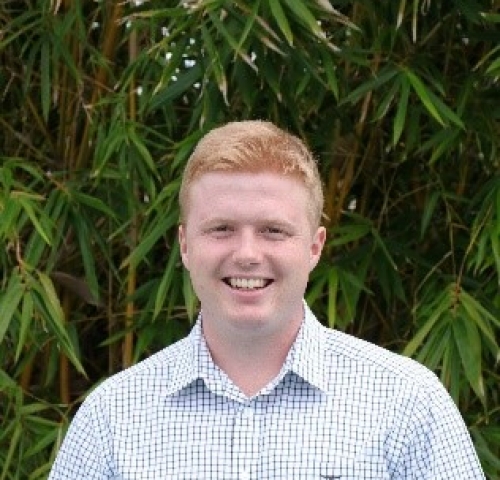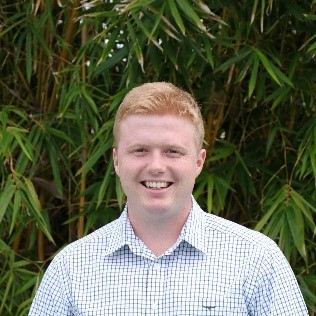
Sandy Spiers
Curtin University
Mathematics started as an easy path, something that came easy to me. This led me to studying Actuarial science in my undergrad, however it was not until a third year research project when I really got interested in maths, and especially mathematics research. It was after this project that I moved away from the financial and actuarial world and got interested in further studies and research in discrete optimisation. Now, I am in my second year of PhD studying discrete optimization and decomposition techniques.
Can you give me a quick rundown about the type of mathematics you are studying and its potential impacts for the broader community?
My main area of research is discrete optimisation and decomposition techniques. This area of mathematics is used extensively in scheduling optimisation. I am currently undertaking an industry-based PhD, where my research helps in developing decision support tools and scheduling optimisation tools for the resources industry.
How did you get into mathematics? Was there someone or something that inspired you into this field?
In my third year of undergrad, I got involved in a small research project in spectral analysis. This was my first exposure to mathematics research, and what inspired me to carry on my studies in maths.
You received a Travel Grant to attend AMSI Summer School 2023. How important was this in terms of your ability to attend, fully participate in the program and meet others studying in similar fields?
Attending in person was hugely important to develop relationships with both peers and lecturers. Having engaging discussions with experts and students on mathematics can give new and fresh perspectives on your own research. This discussion is only possible in-person. As such, I found the Travel Grant invaluable to my overall summer school experience.
What was the most valuable part of the program for you?
I found both courses incredibly interesting and enjoyable. The content in both was adjacent to the research topics of my PhD, and therefore gave me some fresh perspectives and ideas to use in my owe research.
In the long-term, what do you think are the benefits of having attended Summer School?
I believe the connections I made at the summer school may one day lead to future collaborations and papers, which are incredibly valuable.
Summer School included a special Careers Day program which aims to help give students an idea of the kinds of career paths available to maths graduates in industry and private sector research areas. Were you previously aware of the types of industry opportunities available to mathematical science graduates?
As I am currently engaged in an Industry based PhD with an ARC Industrial Transformation Training Centre, I am well aware of the direct applications of my own research. However, this training centre is heavily focus on one industry group, and the Careers Day program gave me the opportunity to explore applications outside of this industry. As such, I feel well equipped to move into the industrial sector.
What advice would you give to someone who is considering applying for Summer School in 2024? Should they apply and why?
Do two courses, sit in on other interesting lectures, and be sure to go in person.
Where do you want the mathematical sciences to take you? Where do you see yourself in five, ten years time?
In the future, I would love to use my skill in discrete optimisation to solve complex industrial problems.

